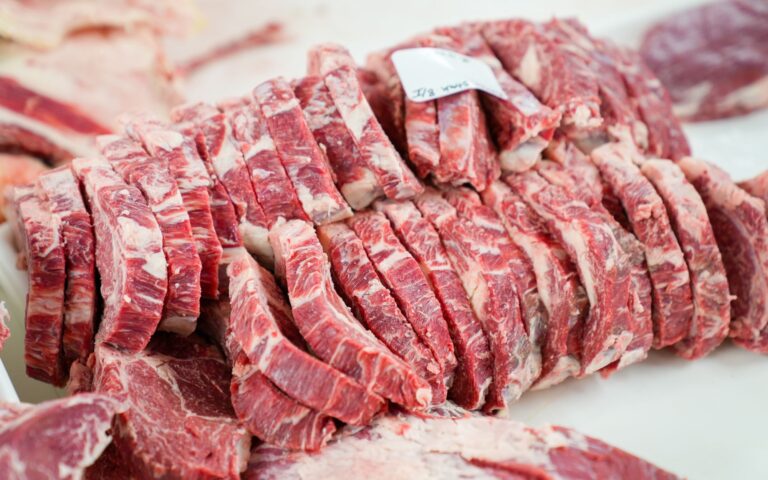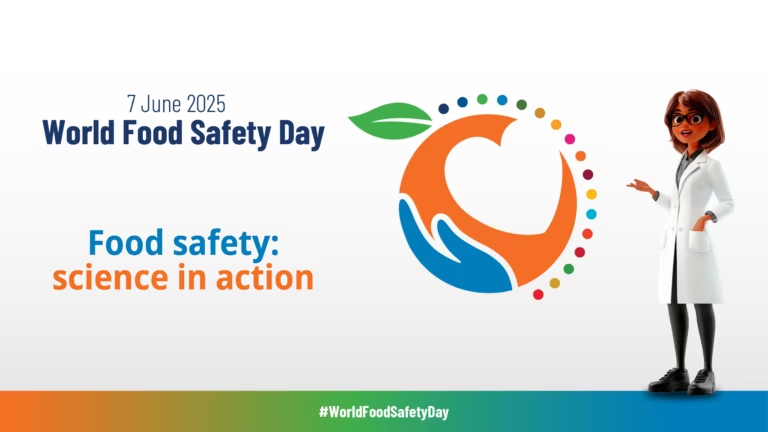Finnish public health officials are currently monitoring a rise in Yersinia infections in 2024, with 168 cases of Yersinia enterocolitica reported to the Infectious Disease Register. This marks a significant increase compared to the 64 cases reported from January to April 2023. The National Institute of Health and Welfare (THL) has highlighted two suspected outbreaks in April, along with reports of heightened Yersinia enterocolitica infections in Pirkanmaa, Uusimaa, and Ostrobothnia regions.
In Pirkanmaa, the suspected cause of illness is linked to vegetables, although other potential sources are being investigated through food sampling and patient questionnaires. There are currently 43 possible cases in the region, with 12 confirmed cases of Yersinia enterocolitica, the first of which was reported on March 24th.
THL has requested clinical laboratories to send Yersinia enterocolitica strains isolated in April for typing. Additionally, they have urged labs to provide serotype and biotype information in infectious disease notifications if available. Notably, between 2021 and 2022, five Yersinia outbreaks were reported, affecting a total of 40 individuals.
Yersiniosis, caused by the bacterium Yersinia, typically spreads through contaminated food. Common symptoms in children include diarrhea, fever, and abdominal pain, while older children and adults may experience right-sided abdominal pain and fever. Symptoms usually manifest four to seven days after exposure and can last up to three weeks.
To reduce the risk of infection, it is recommended to thoroughly cook all meat, wash raw vegetables before consumption, and practice good hand hygiene, especially after handling raw meat or interacting with animals.
In other news, data from the Finnish Food Authority (Ruokavirasto) indicates a decline in recalls in 2023. Food products were withdrawn from the market 250 times that year, with the most common reasons being pesticide residues, microbiological contamination, and undeclared allergens. The decrease in recalls from the previous year was partly attributed to a reduction in ethylene oxide residue detections in food. Recalls due to pesticide residues saw a slight increase, particularly affecting fruits, vegetables, and rice, with chlorpyrifos being a notable reason for recalls.
Microbial issues such as Salmonella, Listeria, and molds caused 49 recalls, indicating a decrease from the previous year. The presence of Salmonella and Listeria in various foods led to multiple recalls, along with undeclared allergens and additive errors. The origin of the recalled food and materials varied, with 39% originating from other European countries, 43% from outside the EU, and 18% produced in Finland.
Information about the need for food recalls in Finland was primarily received through the EU’s Rapid Alert System for Food and Feed (RASFF), as well as planned sampling by Finnish Customs (Tulli) targeting high-risk foods. These actions resulted in numerous recalls based on pesticide residues and issues identified during company self-monitoring processes.
Source: FSN
Reach out to Fresh Group Food Safety And Quality Consulting for any inquiries related to food quality and safety.




